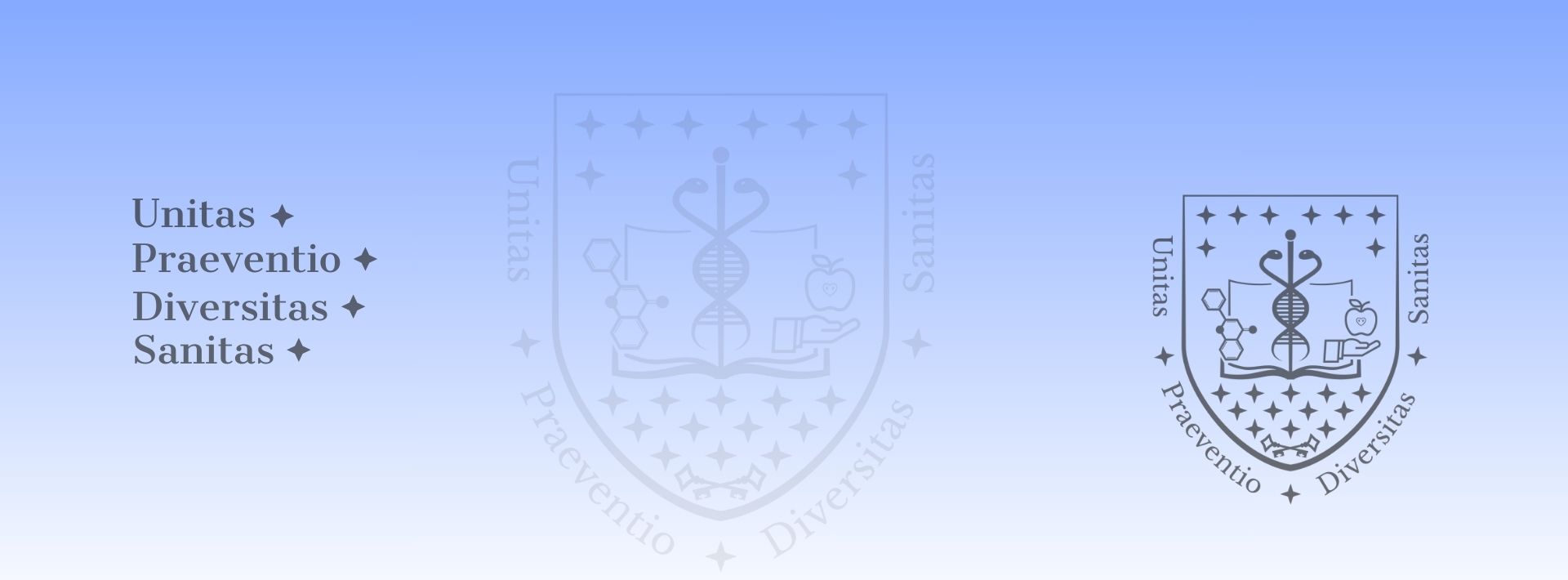Adatok
A Tantárgybejelentőben megadott hivatalos adatok az alábbi tanévre: 2024-2025
Tantárgyfelelős
-
Varga Csaba (Népeg)
professor,
Department of Public Health Medicine
Óraszámok/félév
előadás: 12 óra
gyakorlat: 0 óra
szeminárium: 0 óra
összesen: 12 óra
Tárgyadatok
- Kód: OXFOMC-z-T
- 1 kredit
- Dentistry
- Optional modul
- spring
Nincs
Kurzus létszámkorlát
min. 5 fő – max. 30 fő
Campus kurzusként elérhető . Campus-karok: ÁOK GYTK
Tematika
Conservation medicine is an emerging discipline, focussing on the intersection of ecosystem health, animal health, and human health. Work in the biomedical and veterinary sciences is now being folded into conservation biology; to explore the connections between animal and human health; trace the environmental sources of pathogens and pollutants; develop an understanding of the ecological causes of changes in human and animal health; and understand the consequences of diseases to populations and ecological communities. Conservation Medicine defines this new discipline.
Course will provide a framework to examine the connections between the health of the planet and the health of all species and challenge students in the health sciences and natural sciences to think about new, collaborative ways to address ecological health concerns.
Előadások
- 1. What is Conservation Medicine? It examines ecological health issues from various standpoints, including the emergence and resurgence of infectious disease agents; the increasing impacts of toxic chemicals and hazardous substances; and the health implications of habitat fragmentation and degradation and loss of biodiversity. - Varga Csaba (Népeg)
- 2. How do waves of infections accompany periods of social and environmental transitions? (influenza: WWI, plague: Middle Ages) - Varga Csaba (Népeg)
- 3. Tuberculosis, smallpox and cholera appeared in concert among the teeming urban centres of Charles Dickens’s 19th England. - Varga Csaba (Népeg)
- 4. Domestication of animals triggered spill-over of animal microorganisms. - Varga Csaba (Népeg)
- 5. Health, political and economic impact of BSE epidemic in Britain. - Varga Csaba (Népeg)
- 6. Climate change and emerging infectious diseases. - Varga Csaba (Népeg)
- 7. Emerging diseases can cause extinction of endangered species. - Varga Csaba (Népeg)
- 8. Emerging diseases alter the ratios of predators, prey, competitors and recyclers necessary for healthy ecosystems. - Varga Csaba (Népeg)
- 9. Emerging diseases alter habitat already threatened by fragmentation and global climate change. - Varga Csaba (Népeg)
- 10. Sociology, economics, and politics: these disciplines prominently influence and are influenced by human behaviour, which shapes our environment, which then shapes our health. - Varga Csaba (Népeg)
- 11. Sustainability is just another word for health. - Varga Csaba (Népeg)
- 12. Microbial adaptation: pathogens jumping from wildlife to humans. People are vulnerable to at least 1415 species of infectious organisms. - Varga Csaba (Népeg)
Gyakorlatok
Szemináriumok
A tananyag elsajátításához szükséges segédanyagok
Kötelező irodalom
Saját oktatási anyag
Jegyzet
Ajánlott irodalom
Aguierre A. A. et al.: Conservation Medicine
A félév elfogadásának feltételei
-
Félévközi ellenőrzések
Testing at the end of the course
Távolmaradás pótlásának lehetőségei
-
Vizsgakérdések
-
